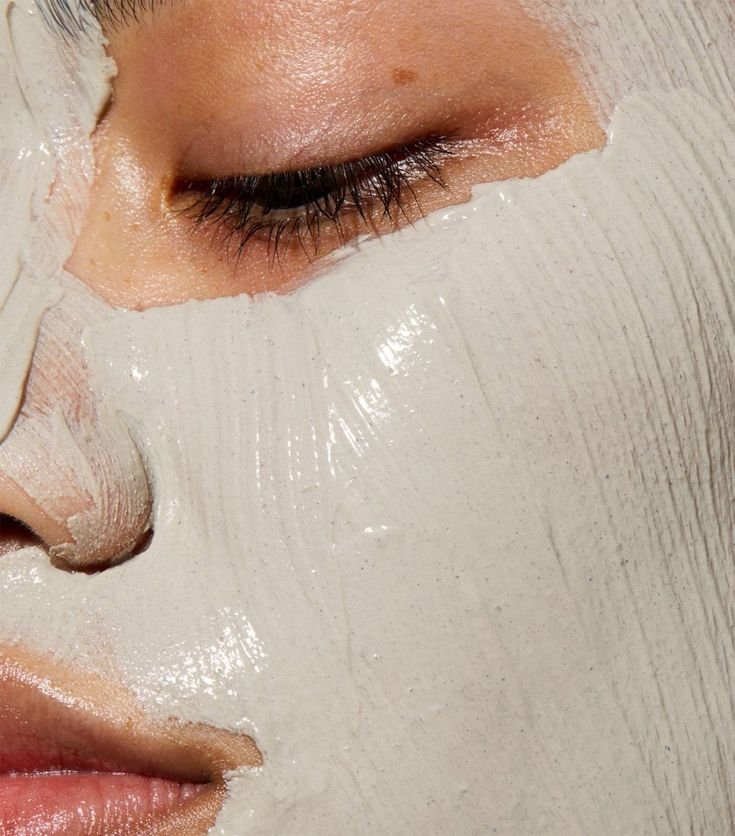Introduction
In the quest for radiant, healthy skin, many people are turning to DIY face masks. These homemade remedies offer a natural, cost-effective, and customizable alternative to store-bought products. Whether you’re dealing with dryness, acne, dullness, or aging, there’s a DIY face mask recipe to address your skin’s unique needs. This article explores the benefits of DIY face masks, essential ingredients, and step-by-step recipes to help you achieve a glowing complexion.
Benefits of DIY Face Masks
DIY face masks offer numerous advantages:
- Natural Ingredients: Free from harsh chemicals and synthetic additives.
- Cost-Effective: Made from affordable, easily accessible ingredients.
- Customizable: Tailored to suit individual skin types and concerns.
- Freshness: Made on the spot, ensuring maximum potency of ingredients.
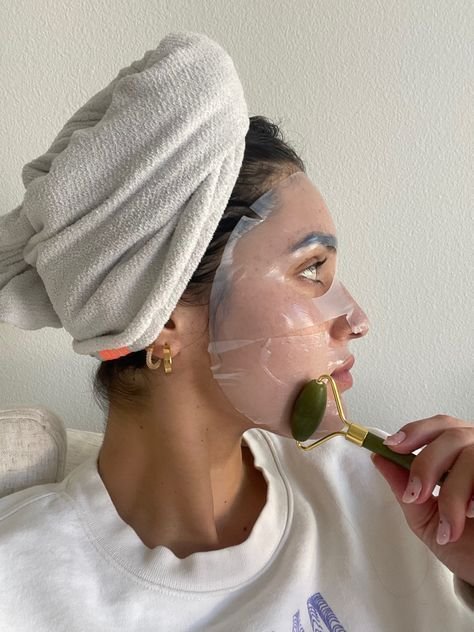
Understanding Skin Types
To get the most out of your DIY face mask, it’s essential to understand your skin type:
- Dry Skin: Lacks moisture and often feels tight or flaky.
- Oily Skin: Produces excess oil, leading to shine and acne.
- Combination Skin: A mix of oily and dry areas, usually T-zone oiliness.
- Sensitive Skin: Prone to irritation and redness.
- Normal Skin: Balanced, not too oily or dry.
Essential Ingredients for DIY Face Masks
Certain natural ingredients work well for different skin types:
- For Dry Skin: Honey, avocado, oatmeal, yogurt, and aloe vera.
- For Oily Skin: Clay, lemon juice, tea tree oil, and apple cider vinegar.
- For Combination Skin: Honey, green tea, oatmeal, and cucumber.
- For Sensitive Skin: Aloe vera, chamomile, cucumber, and oats.
- For Normal Skin: Banana, honey, yogurt, and papaya.
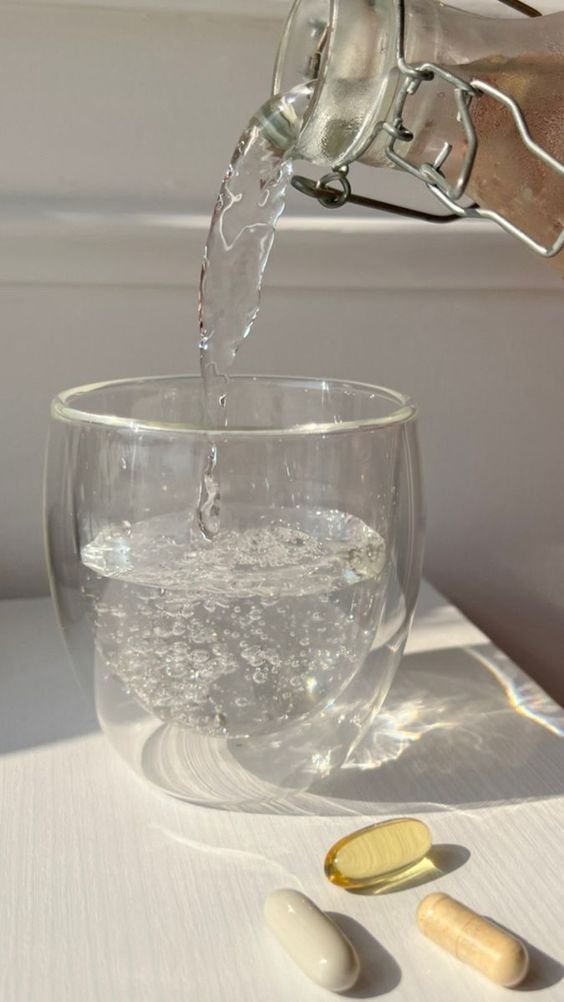
Hydrating Face Masks
Recipes for Dry Skin
Honey and Avocado Mask
- Ingredients: 1 ripe avocado, 2 tablespoons of honey.
- Instructions: Mash the avocado and mix with honey. Apply to the face and leave for 20 minutes. Rinse with warm water.
Yogurt and Oatmeal Mask
- Ingredients: 2 tablespoons of yogurt, 1 tablespoon of ground oatmeal.
- Instructions: Mix yogurt and oatmeal. Apply to the face and leave for 15 minutes. Rinse with warm water.
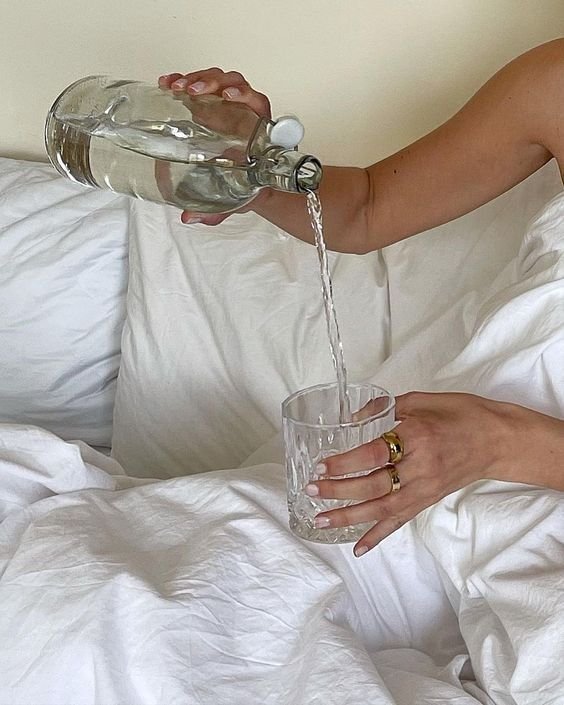
Acne-Fighting Face Masks
Recipes for Oily and Acne-Prone Skin
Clay and Tea Tree Oil Mask
- Ingredients: 2 tablespoons of clay (bentonite or kaolin), 3-4 drops of tea tree oil, water.
- Instructions: Mix clay with water to form a paste, add tea tree oil. Apply to the face and leave for 15 minutes. Rinse with warm water.
Apple Cider Vinegar and Honey Mask
- Ingredients: 1 tablespoon of apple cider vinegar, 2 tablespoons of honey.
- Instructions: Mix apple cider vinegar and honey. Apply to the face and leave for 10-15 minutes. Rinse with warm water.
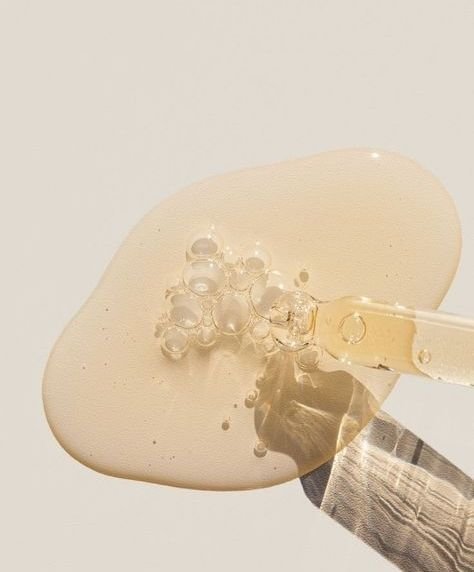
Brightening Face Masks
Recipes for Dull and Uneven Skin Tone
Lemon and Turmeric Mask
- Ingredients: 1 tablespoon of lemon juice, 1 teaspoon of turmeric powder, 1 tablespoon of honey.
- Instructions: Mix all ingredients to form a paste. Apply to the face and leave for 10-15 minutes. Rinse with warm water.
Papaya and Honey Mask
- Ingredients: 1/2 cup of mashed ripe papaya, 1 tablespoon of honey.
- Instructions: Mix papaya and honey. Apply to the face and leave for 15-20 minutes. Rinse with warm water.
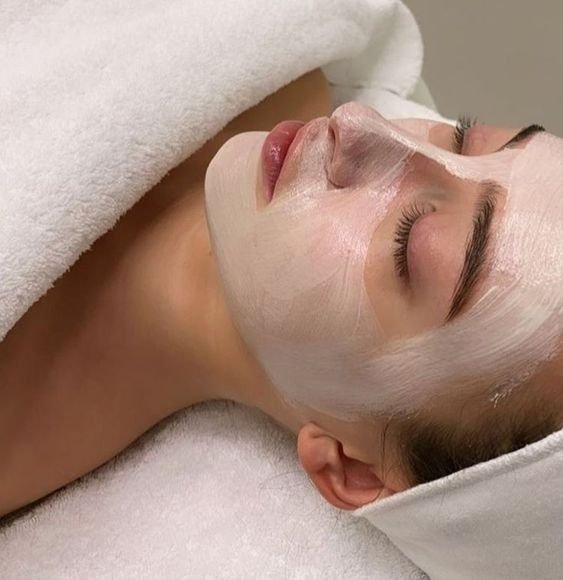
Anti-Aging Face Masks
Recipes for Mature Skin
Banana and Honey Mask
- Ingredients: 1 ripe banana, 1 tablespoon of honey.
- Instructions: Mash the banana and mix with honey. Apply to the face and leave for 15-20 minutes. Rinse with warm water.
Aloe Vera and Vitamin E Mask
- Ingredients: 2 tablespoons of aloe vera gel, 1 capsule of vitamin E.
- Instructions: Mix aloe vera gel with the contents of the vitamin E capsule. Apply to the face and leave for 20 minutes. Rinse with warm water.

Soothing Face Masks
Recipes for Sensitive Skin
Cucumber and Aloe Vera Mask
- Ingredients: 1/2 cucumber, 2 tablespoons of aloe vera gel.
- Instructions: Blend cucumber and mix with aloe vera gel. Apply to the face and leave for 15-20 minutes. Rinse with cool water.
Oatmeal and Chamomile Mask
- Ingredients: 2 tablespoons of ground oatmeal, 1/2 cup of brewed chamomile tea (cooled).
- Instructions: Mix oatmeal with chamomile tea to form a paste. Apply to the face and leave for 15-20 minutes. Rinse with cool water.
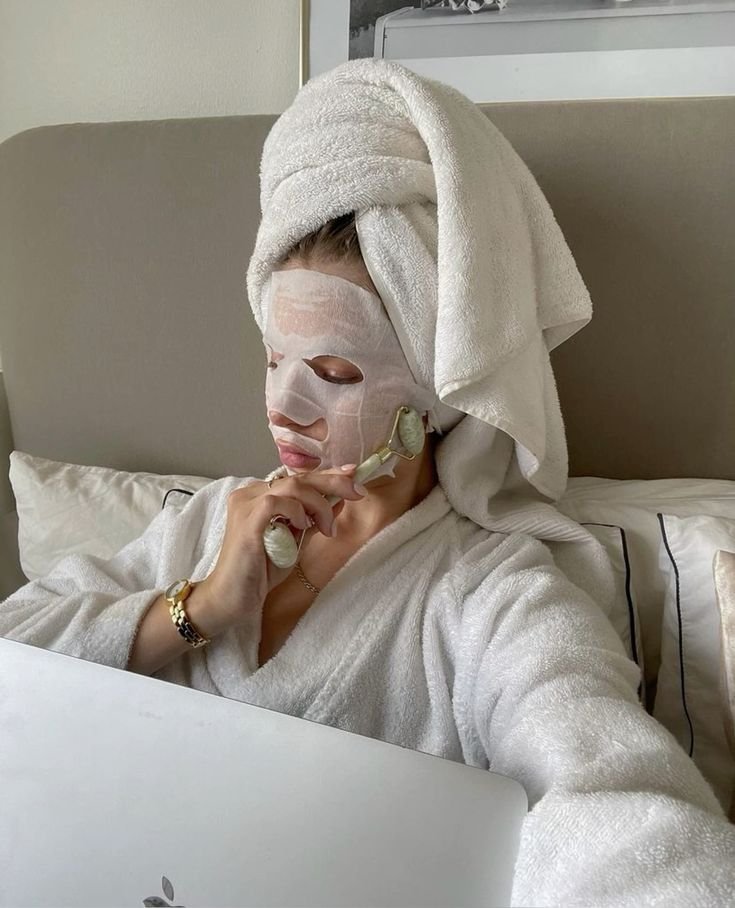
Detoxifying Face Masks
Recipes for All Skin Types
Charcoal and Bentonite Clay Mask
- Ingredients: 1 tablespoon of activated charcoal, 2 tablespoons of bentonite clay, water.
- Instructions: Mix charcoal and clay with water to form a paste. Apply to the face and leave for 15 minutes. Rinse with warm water.
Green Tea and Honey Mask
- Ingredients: 2 tablespoons of green tea (cooled), 1 tablespoon of honey.
- Instructions: Mix green tea with honey. Apply to the face and leave for 15-20 minutes. Rinse with warm water.

How to Apply a DIY Face Mask
For maximum benefits, follow these steps:
- Cleanse: Wash your face with a gentle cleanser to remove dirt and oil.
- Apply: Use clean fingers or a brush to apply the mask evenly.
- Relax: Leave the mask on for the recommended time.
- Rinse: Use lukewarm water to rinse off the mask.
- Moisturize: Follow up with your favorite moisturizer to lock in hydration.
Common Mistakes to Avoid
To ensure your DIY face mask is effective and safe:
- Patch Test: Always test new ingredients on a small skin area first.
- Avoid Eye Area: Keep masks away from the delicate skin around your eyes.
- Use Fresh Ingredients: Ensure all ingredients are fresh and clean.
- Don’t Overdo It: Limit mask application to 1-2 times a week to avoid irritation.
Frequently Asked Questions
How often should I use a DIY face mask? It depends on your skin type and the ingredients used. Generally, 1-2 times a week is sufficient.
Can I store leftover mask mixtures? It’s best to use fresh masks each time, but some can be stored in the fridge for 1-2 days.
What should I do if my skin reacts badly to a mask? Rinse off immediately with cool water and apply a gentle moisturizer. If irritation persists, consult a dermatologist.
Are DIY face masks as effective as store-bought ones? DIY masks can be very effective if made with the right ingredients for your skin type and needs.
Can I mix different mask ingredients together? Yes, but be mindful of how ingredients interact and ensure they are suitable for your skin type.
Conclusion
DIY face masks offer a natural, affordable, and customizable way to enhance your skincare routine. By understanding your skin type and using the right ingredients, you can create effective masks that cater to your specific needs. Embrace the benefits of DIY face masks and enjoy healthier, more radiant skin.

